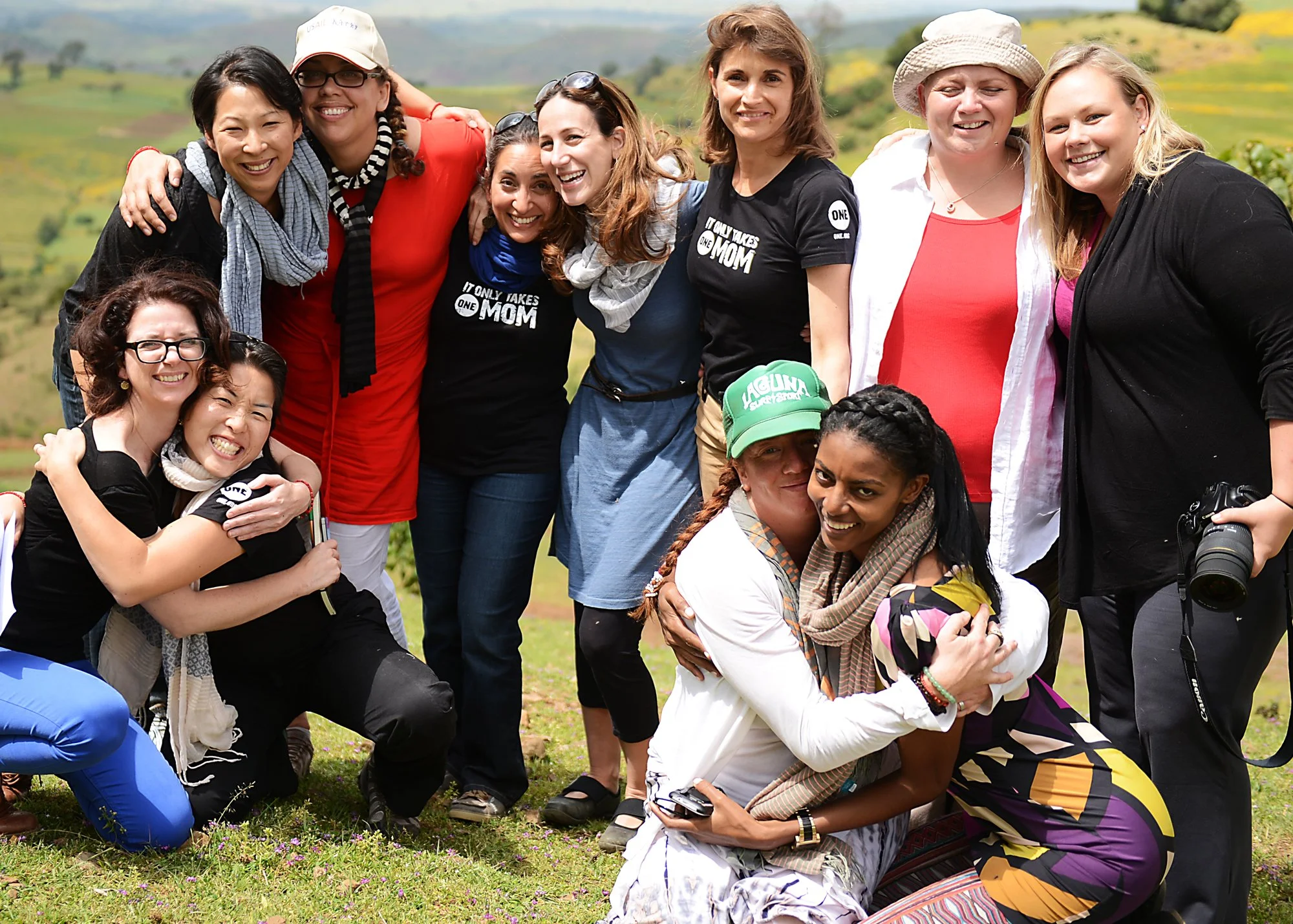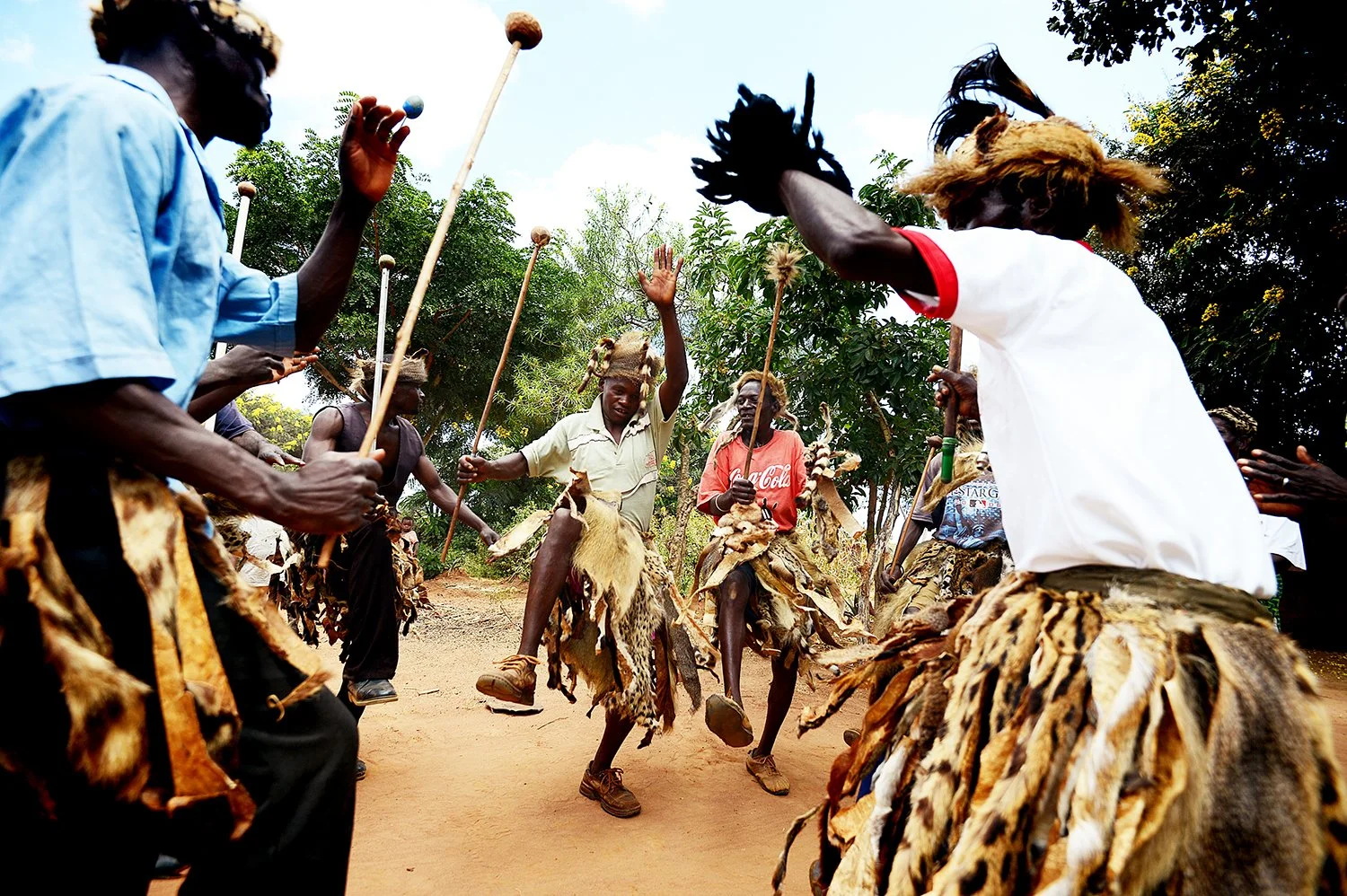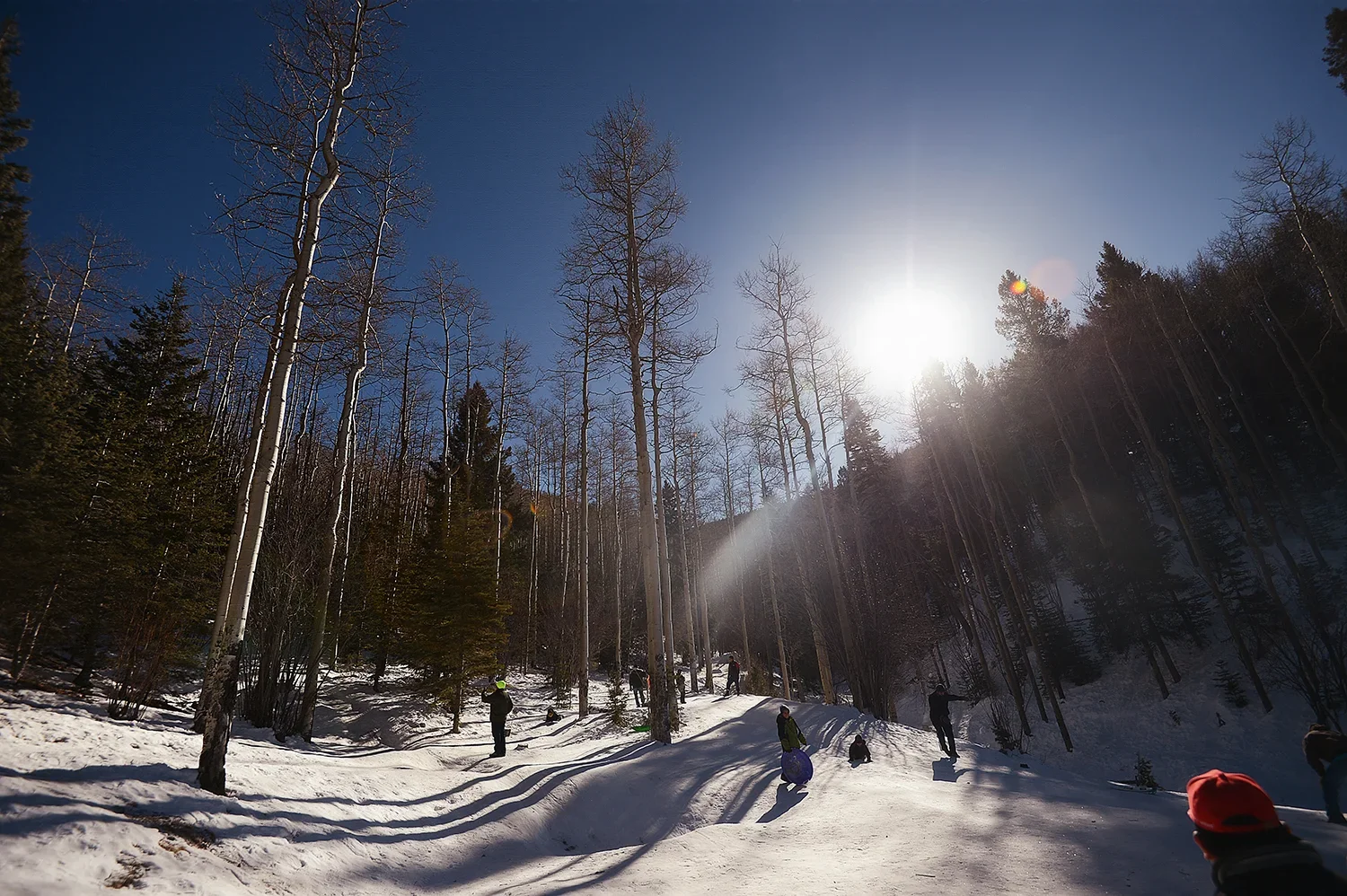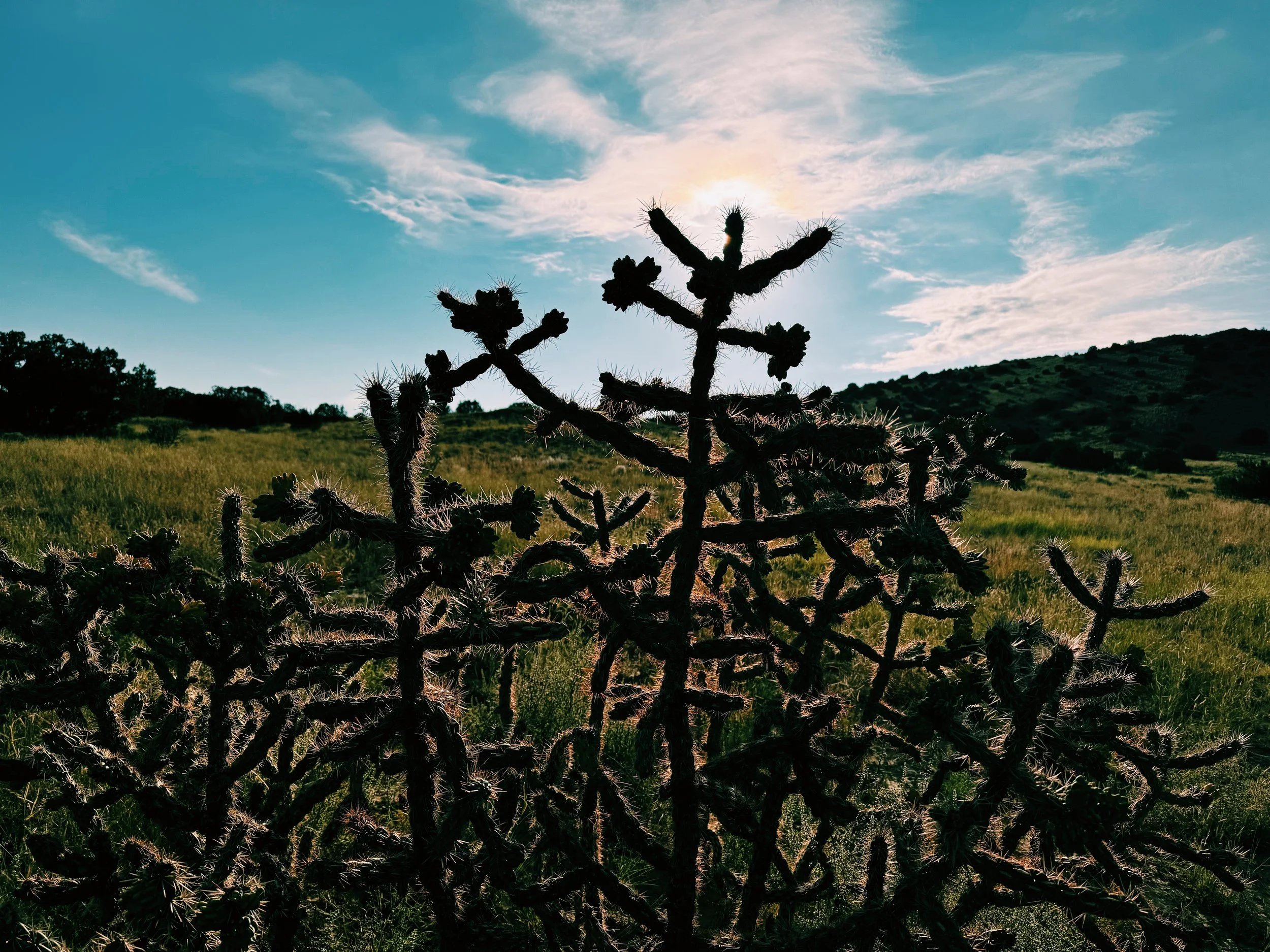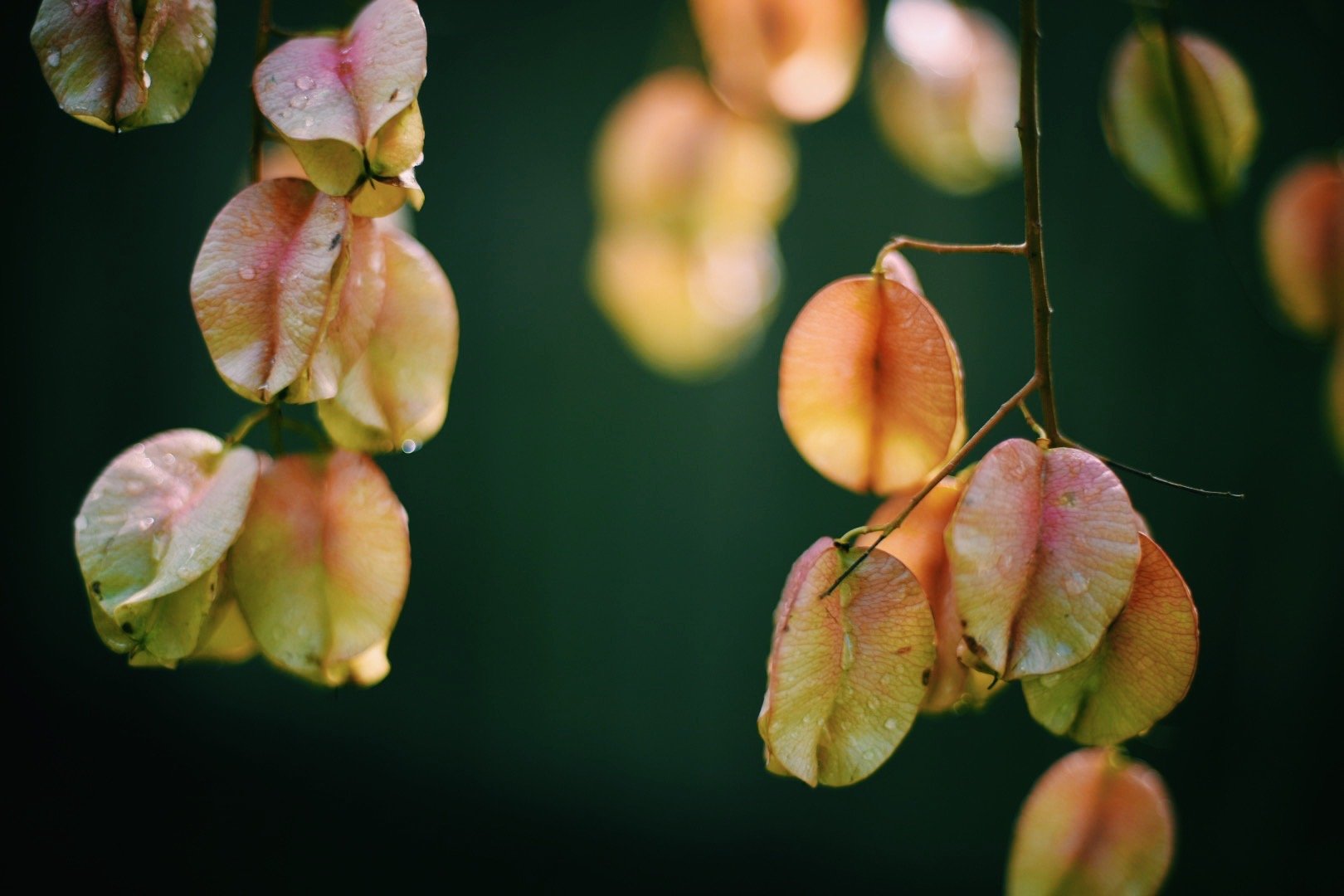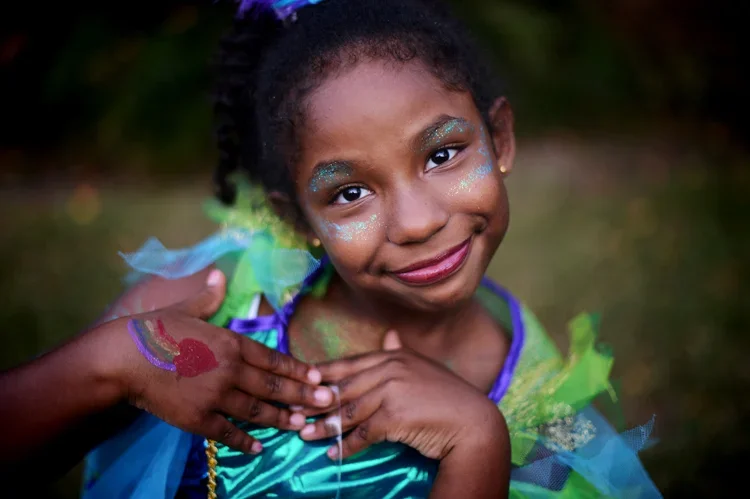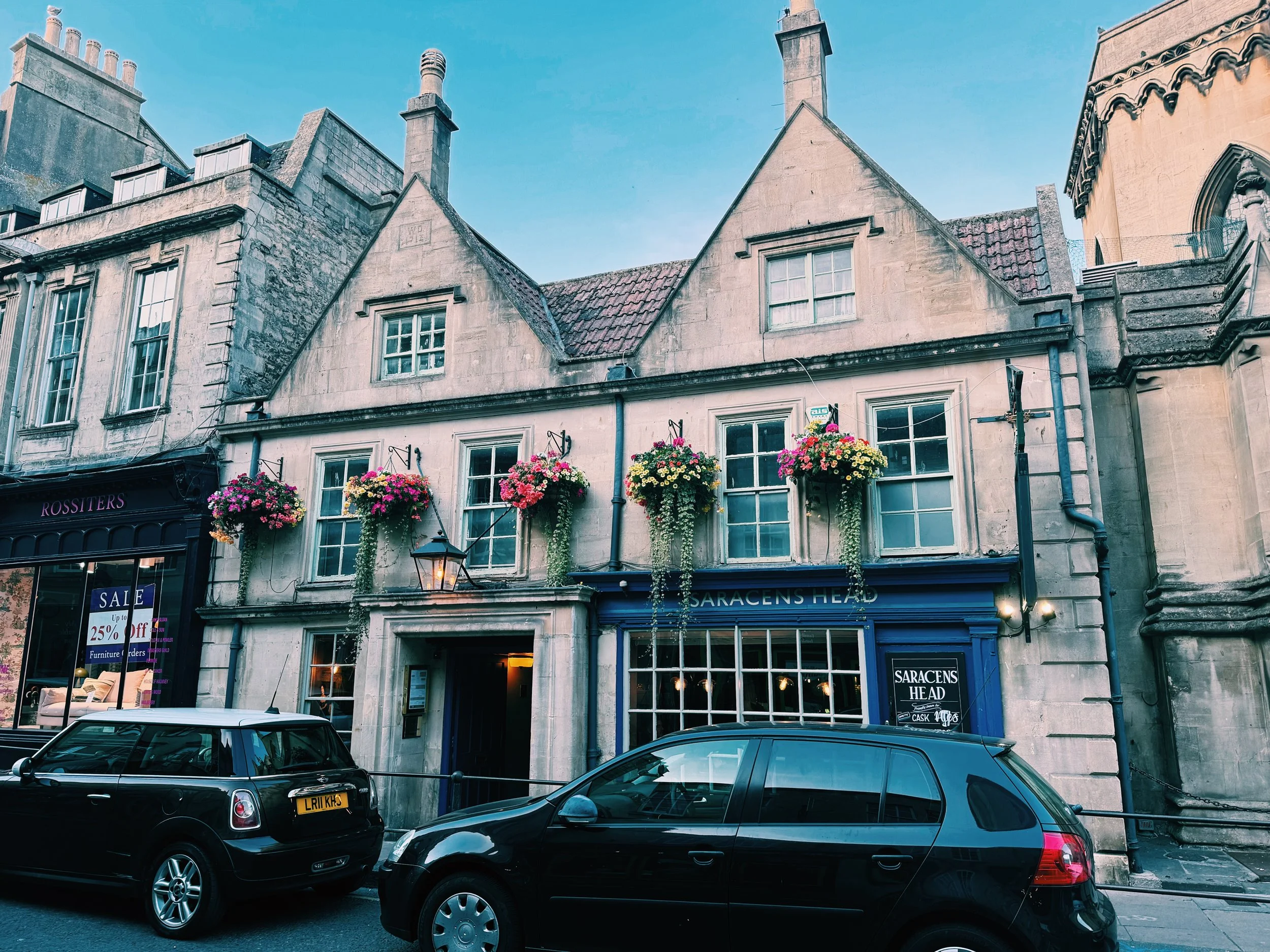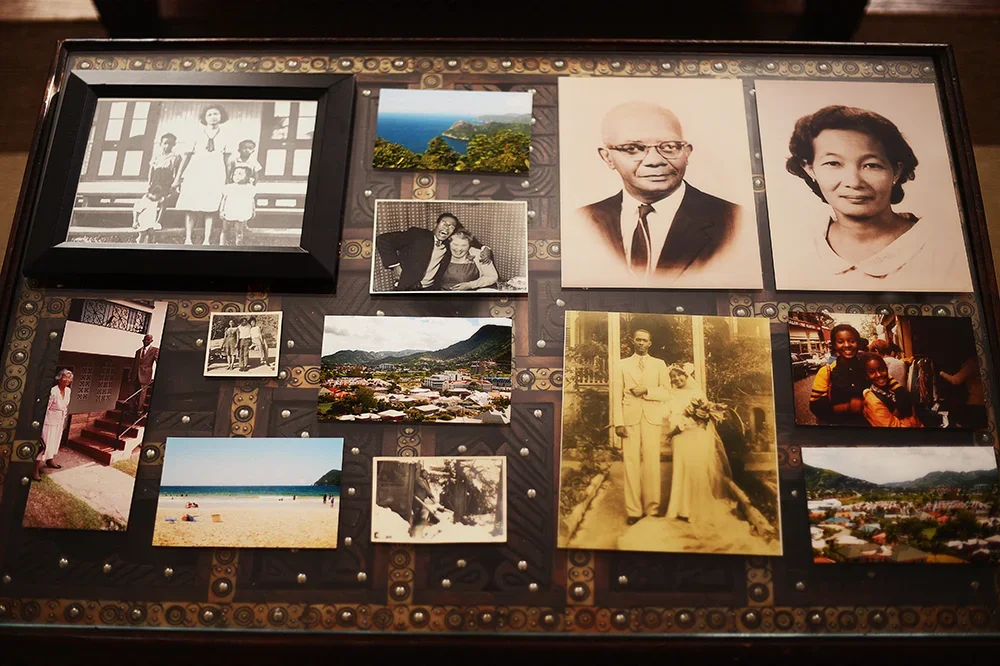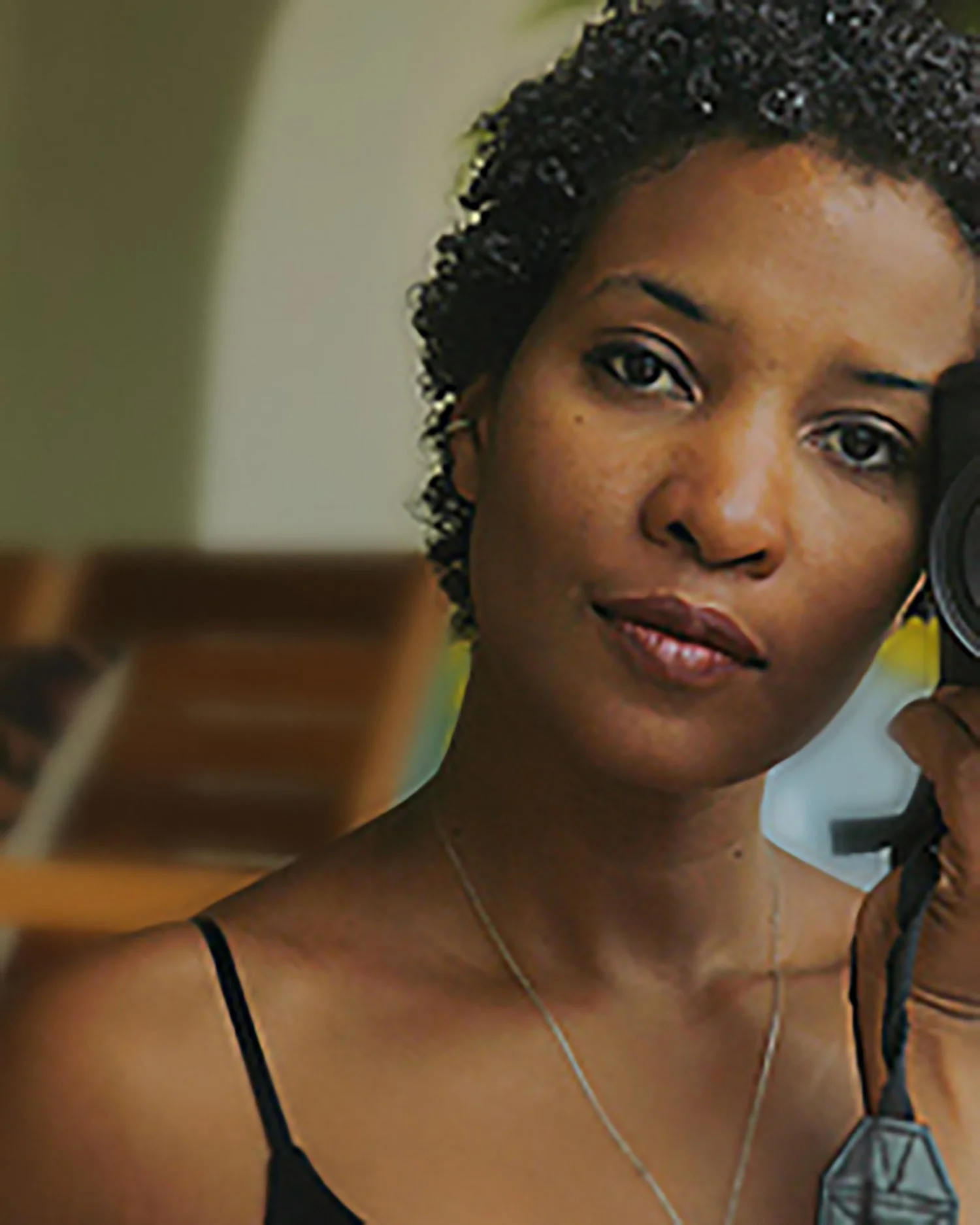communal compassion
Houston Pride 2017.
what would it look like to remember we don’t have to go this alone?
My book, The Lightmaker’s Manifesto: How to Work for Change Without Losing Your Joy, was written in 2020 — in fact, I signed the book deal around the first of March. In many ways, the timing was prescient: it was pretty crazy writing a book about the intersection of joy and activism in a year where the news was filled with headlines about climate crises, unarmed Black men and women were being murdered by the police at alarming rates, and, of course, the entire world in the clutches of a global pandemic. But it was also a gift: meeting and interviewing folks who were determined to make the world brighter inspired a lot of hope in me, in a year that felt like the world couldn’t ever get any worse.
(Little did I know that 5 years later, 2025 would tell 2020, “hold my beer.”)
Of all the books I’ve written, The Lightmaker’s Manifesto remains the topic most organizations want me to cover when they invite me to speak. Recently, however, I’ve been asked a new question, one that has come up surprisingly often at events:
How has the world changed since The Lightmaker’s Manifesto came out, and how has the book kept up?
It’s an interesting question, and I’ve been grateful to give it some thought. And what I’ve realized is that when The Lightmaker’s Manifesto came out in 2021, many of the folks I spoke to were relatively new to the idea that they could be activists, and were curious about how they could discover their roles in making the world better. Certainly, when I wrote the book, I had those folks in mind, and in those early days, the “How to Work for Change” part of the book’s subtitle was what most people wanted to talk about.
ONE Campaign media trip, Ethopia, 2012.
Four years later, however, the tone of interest in this book had shifted. A lot. And it seemed current audiences aren’t particularly new to activism in 2025 — in fact, many have been working for change for some time.
And they’re exhausted.
Nowadays, folks are interested in the “Without Losing Your Joy” part of the book’s subtitle. And so, while I still talk about using your skills and gifts in service, most of my talks these days focus on self-compassion: how I believe that self-compassion is a pillar of activism, and I share the importance of building a cadence of self-compasson as a way to stay tethered to joy, and therefore create some longevity in the work. In fact, I go so far as to say that self-compassion is essential, and without self-compassion — and indeed, joy — activism efforts will be bankrupt.
(Incidentally, I also believe that an intentional cadence of self-compassion is essential for aging joyfully, but that’s a topic of another book.)
Malawi, 2015.
All that aside, what I’m becoming increasingly interested in is the idea of communal compassion: compassion not just for the self, or for the communities around which we’re activated, but for each other: we who are sharing in this march toward social justice, and who are weary and exhausted. I mean, what would it look like to remember that we don’t have to go this alone?
Maybe it looks like collective rest: creating a cadence of gathering with fellow lightmakers in quiet, contemplative, and solaceful community.
Maybe it looks like collective recreation (or “re-creation”): folks who commune periodically to inspire each other, to brainstorm, ideate, or maybe even engage in an activity that has nothing to do with activism, but is just … well, fun.
Or maybe it looks like collective celebration: a community that gathers every now and again, specifically to celebrate progress and all the little wins in the commitment to social good, social equity, social inclusion, and social belonging.
Maybe it just looks like folks who get together every so often to show each other kindness.
I admit that my thoughts aren’t fully formed around this yet, but I think I’m onto something. But is this a thing? Do you already have a community that intentionally meets periodically, simply to take care of each other? I’d love to hear.
And, naturally, my wish for each other this week is that we find a way to connect with like-minded folks, to experience each other’s empathy. I suspect we all need it.

